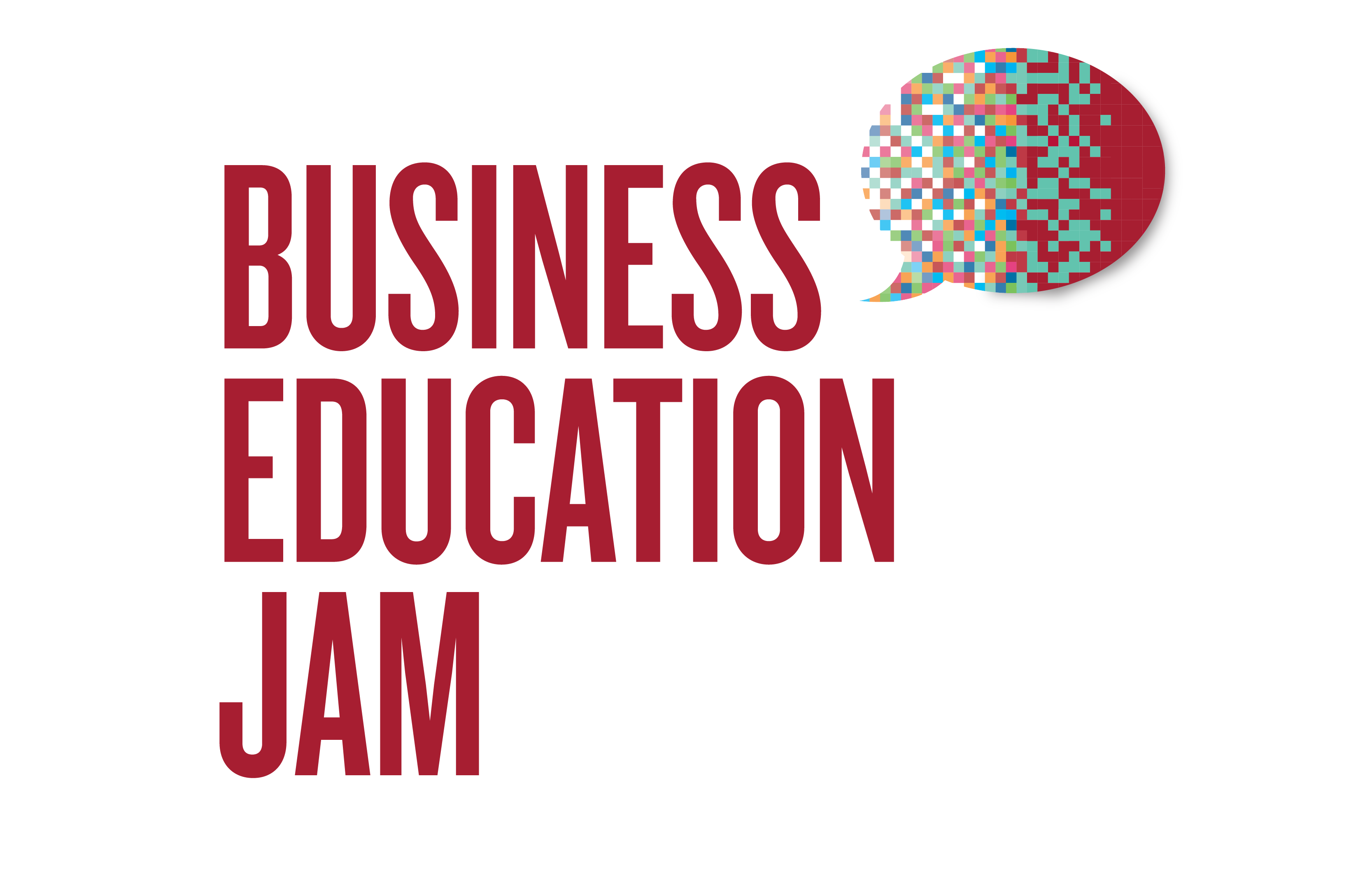Q&A with VIP Guest Andrea Backman
Don’t miss Andrea Backman for a discussion on increasing the value of management education on 10/1 from 12-1 p.m. EST.
Andrea Backman—Senior Vice President & Dean, Jack Welch Management Institute—speaks with the Jam Team:
How would you describe industry/academia relationships today? How do you hope to describe them in five years?
The current state is disconnected and ineffective. There is very little focus on aligning core competencies to the needs of employers and/or helping to solve for the skills gap, particularly in terms of soft skills and leadership skills. In the future, those who can respond to the needs of both employers and consumers will be most successful. These institutions will need to be nimble, innovative, and student-focused.
What challenges facing global business today could be better approached through a partnership with academia?
There are a number of challenges facing global business today, including increased competition, economic swings, the acceleration of technology innovation, and the need to do more with less. But, amidst all of these challenges, the one that is central to all of them is people development. People are everything, and the businesses that hire, grow, and develop great talent best will be out in front.
At present, there is a clear disconnect between what business leaders need and what higher education is delivering by way of college graduates and future employees. With talent at the center, academia can and should do a few things to help with this challenge:
- Ensure students and graduates understand the importance of organizational mission and values so that they align their behaviors and outcomes appropriately to the organization’s overarching strategic goals.
- Ensure that students are applying learning while they study—even before they become graduates. In this way, they are adding immediate value to their companies and ensuring that the learning is relevant.
- Take a proactive role in understanding the core competencies businesses need and want in employees. Then, align content and learning outcomes to those core competencies to help close the skills gap.
What do you think the most exciting thing about the Business Education Jam is/will be?
It’s creating a forum for rich exchange between business and academic leaders to talk about the disconnect. It also allows for cross-pollination of thought leadership and allows the community to dream into the future and create action plans to get there.
What is the one piece of advice you would give students as they pursue business education?
Consider going for an option that allows you to continue to build your career while earning your degree—a program that offers maximum flexibility coupled with maximum value. You’ll get the most out of your MBA by far if you can apply your learnings from business school in real time to your job to solve the immediate challenges you are facing in the workplace.
